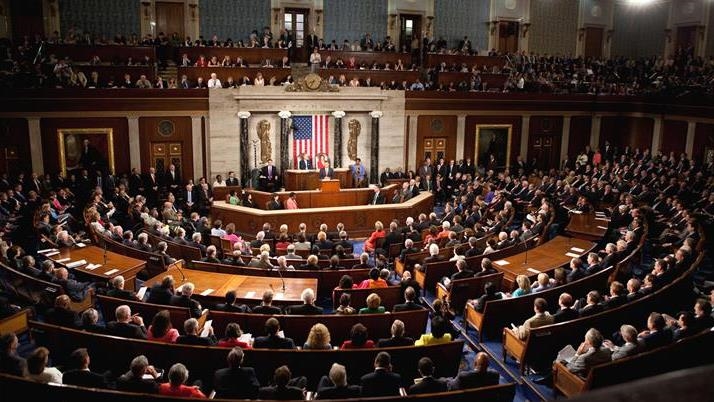News
US Senate Passes Crypto Bill Allowing Banks to Hold Bitcoin
The United States Senate has passed a crypto bill that permits banks to hold Bitcoin and other digital assets. Despite concerns raised by Senator Elizabeth Warren and other critics about the potential risks associated with allowing banks to engage with cryptocurrencies, the bill garnered enough support to pass through the Senate.
-

 Business1 week ago
Business1 week agoNvidia posts mixed Q1, predicts $8B hit with US chip curbs
-

 Business1 week ago
Business1 week agoBlackRock eyes 10% stake in Circle’s IPO
-

 Business1 week ago
Business1 week agoReserve Bank of India to roll out new use cases for digital rupee
-

 Business1 week ago
Business1 week agoGameStop officially confirms first Bitcoin purchase of 4,710 BTC
-

 Business1 week ago
Business1 week agoAmina Bank hits $40M revenue in 2024 as crypto AUM doubles
-

 Business1 week ago
Business1 week agoOpenSea expands beyond NFTs with OS2 public rollout
-

 Business1 week ago
Business1 week agoTON Foundation hires former Visa executive to lead payments strategy
-

 Business2 days ago
Business2 days agoCircle stock jumps 167% on NYSE debut



























